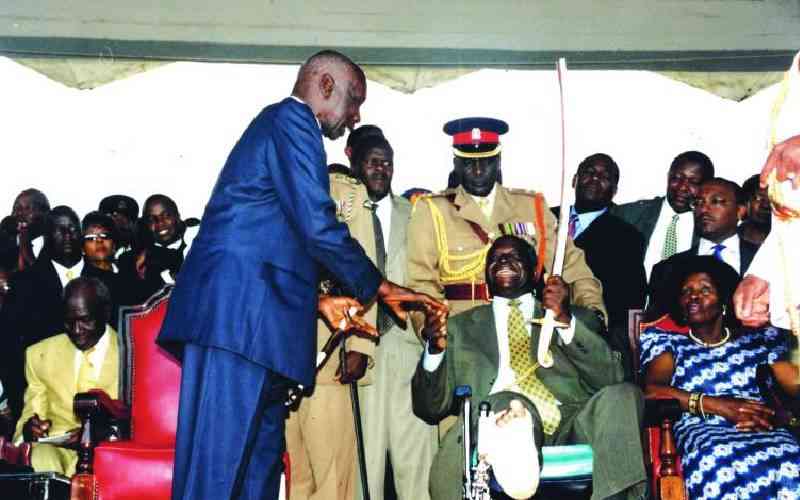×
The Standard e-Paper
Kenya’s Boldest Voice

The current state of affairs in the country mirrors what President Mwai Kibaki was confronted with after taking office from President Daniel arap Moi at the end of 2002.
The biggest problem was the poor state of the economy that he inherited which is also the challenge facing President William Ruto and his Kenya Kwanza government.